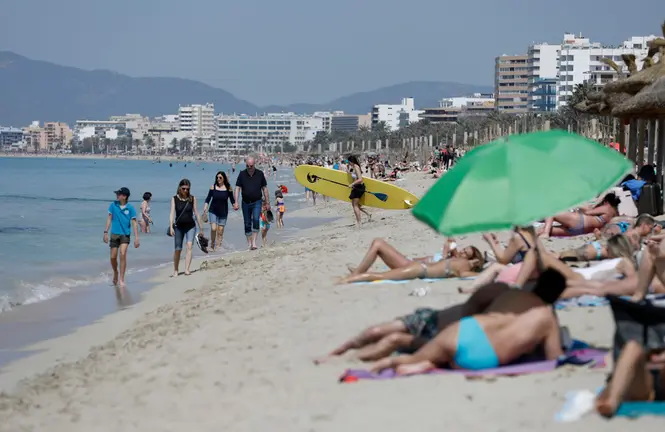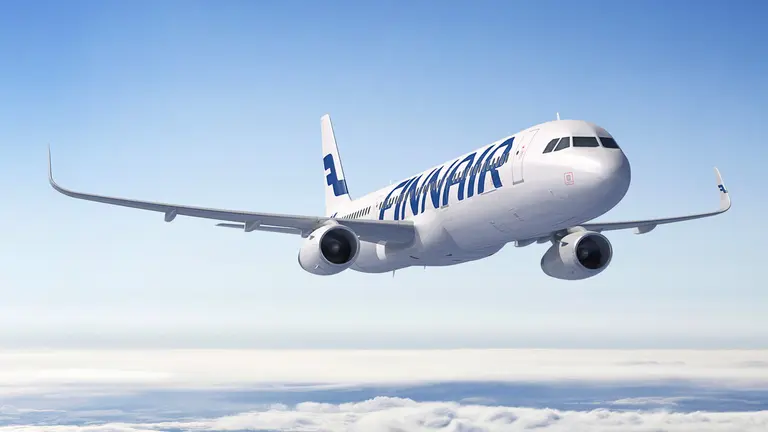The European Union's Covid-19 certificate should be up and running by July 1, European Justice Commissioner Didier Reynders said Friday, hailing a freshly struck deal on the scheme as "good news for all European citizens."
However, a six-week transition period will follow for member states that need more time, the commissioner added. This covers most of the peak tourism season of July and August.
Finland is one of the countries that will implement the so-called European digital green certificate. But while it is not available, residents of the Nordic country will be able to download a Finnish vaccination certificate from the My Kanta pages from 26 May. People can use the Finnish certificate until the EU's comes available in July.
The European green certificate will allow EU citizens to "circulate more freely within the EU in total health safety" and will support economic sectors dependent on free movement, Commissioner Reynders told journalists in Brussels.
Negotiators from the member states, the European Parliament and the European Commission agreed on the details of the document on Thursday evening.
Free of charge
Three types of certificate will be available free of charge on paper or digitally as a QR code; one attesting vaccination with an EU-approved shot, one showing negative test results and one for people who have recovered from a Covid-19 infection.
Once the plan is fully implemented, member states should in principle refrain from imposing any additional travel restrictions like quarantine requirements on certificate holders. These currently apply to many trips within the bloc.
"With the roll-out of the vaccinations we expect that all those restrictions will be lifted," an EU official said Friday on condition of anonymity.
The idea is that the certificates can be read anywhere in the bloc, no matter which EU country issued it.
"All member states must get fully ready during the month of June, so they can hit the ground running," Reynders said, adding that the commission was offering technical support and cash to help.
The national governments and the EU legislature must also formally sign off the deal before it can launch.
40% of population vaccinated
One sixth of the European Union's adult population is now fully vaccinated, according to the European Centre for Disease Prevention and Control, and 40% have had at least one shot.
It is up to the member states to decide whether to use the documents domestically - for example, to allow people into concerts, cinemas or restaurants.
The commission officially proposed the plan in March at the behest of countries whose economies depend heavily on tourism like Greece, Italy, Portugal and Spain.
In Germany and Belgium in particular, there was initially heated debate over the prospect of linking vaccination to privileges.
In the meantime, Greece relaxed entry requirements for foreign visitors who have been jabbed. Spain already allows EU tourists in on condition of a negative test.
The national governments and the EU legislature must formally sign off the Covid-19 certificates before they can launch.










